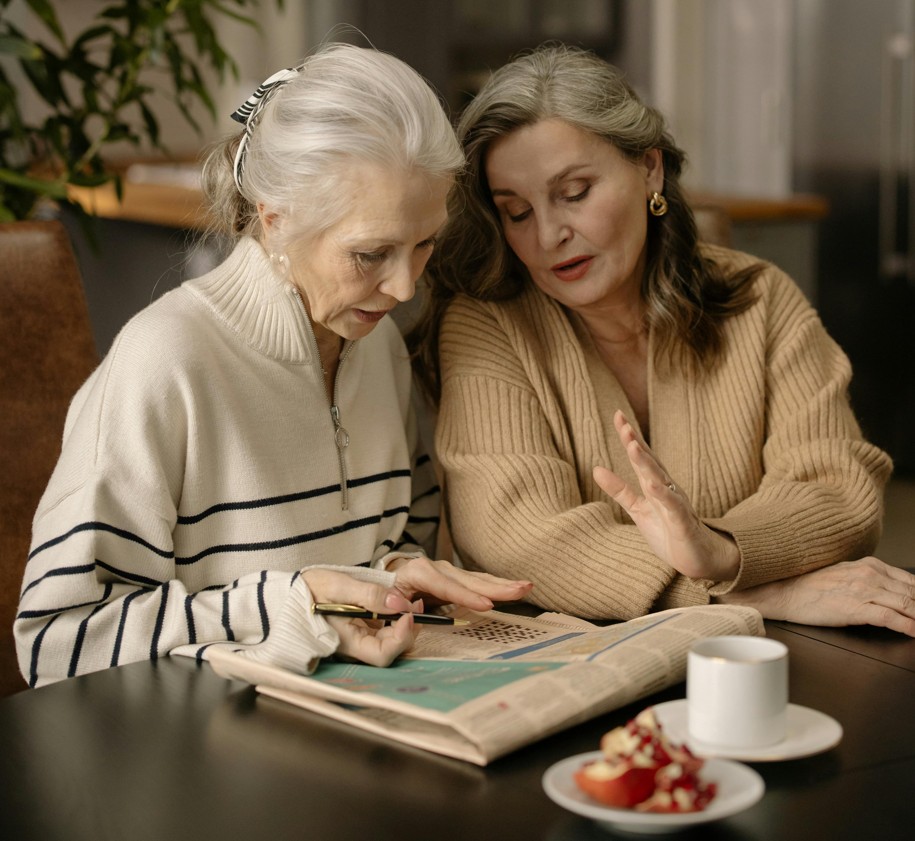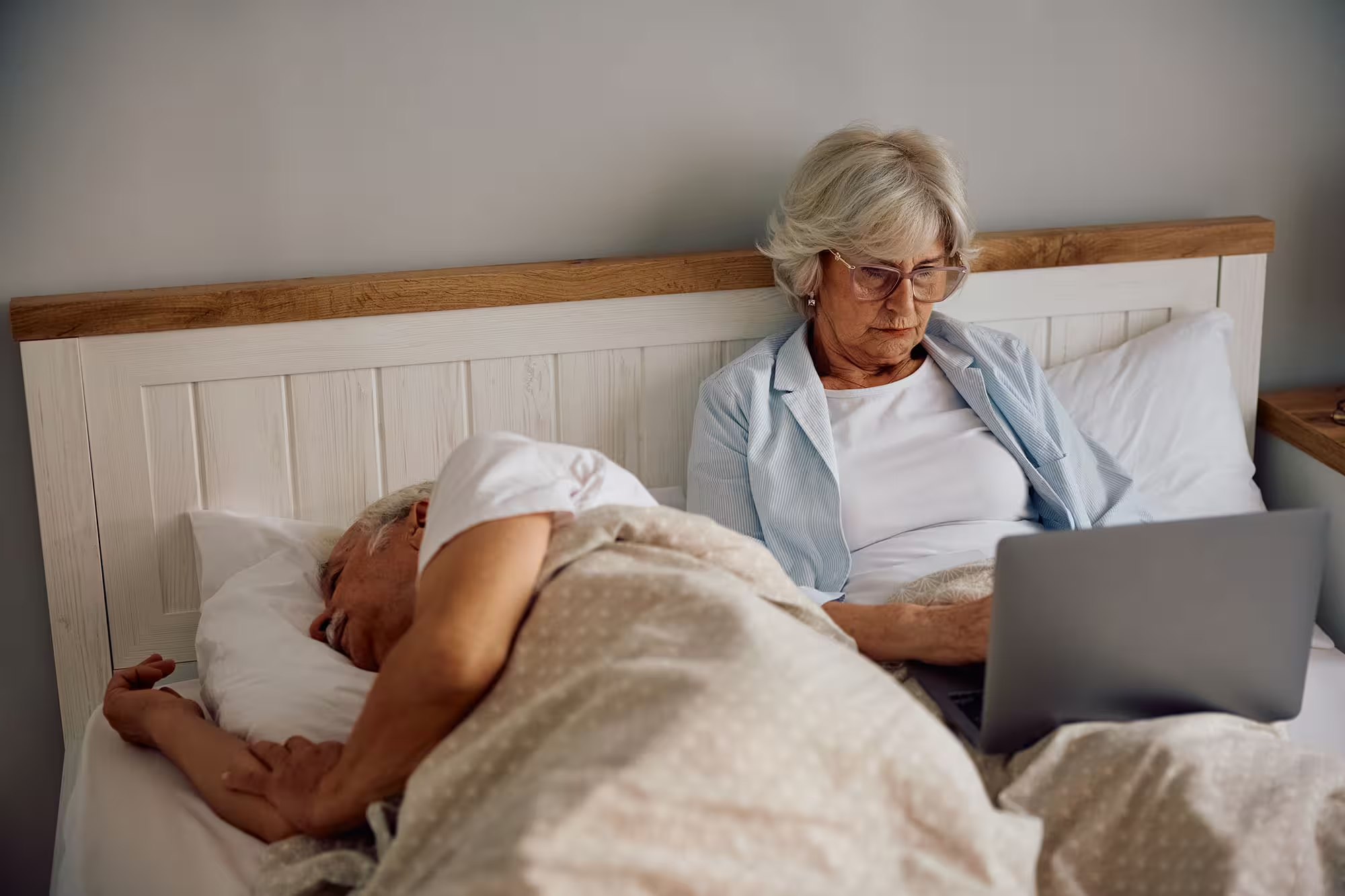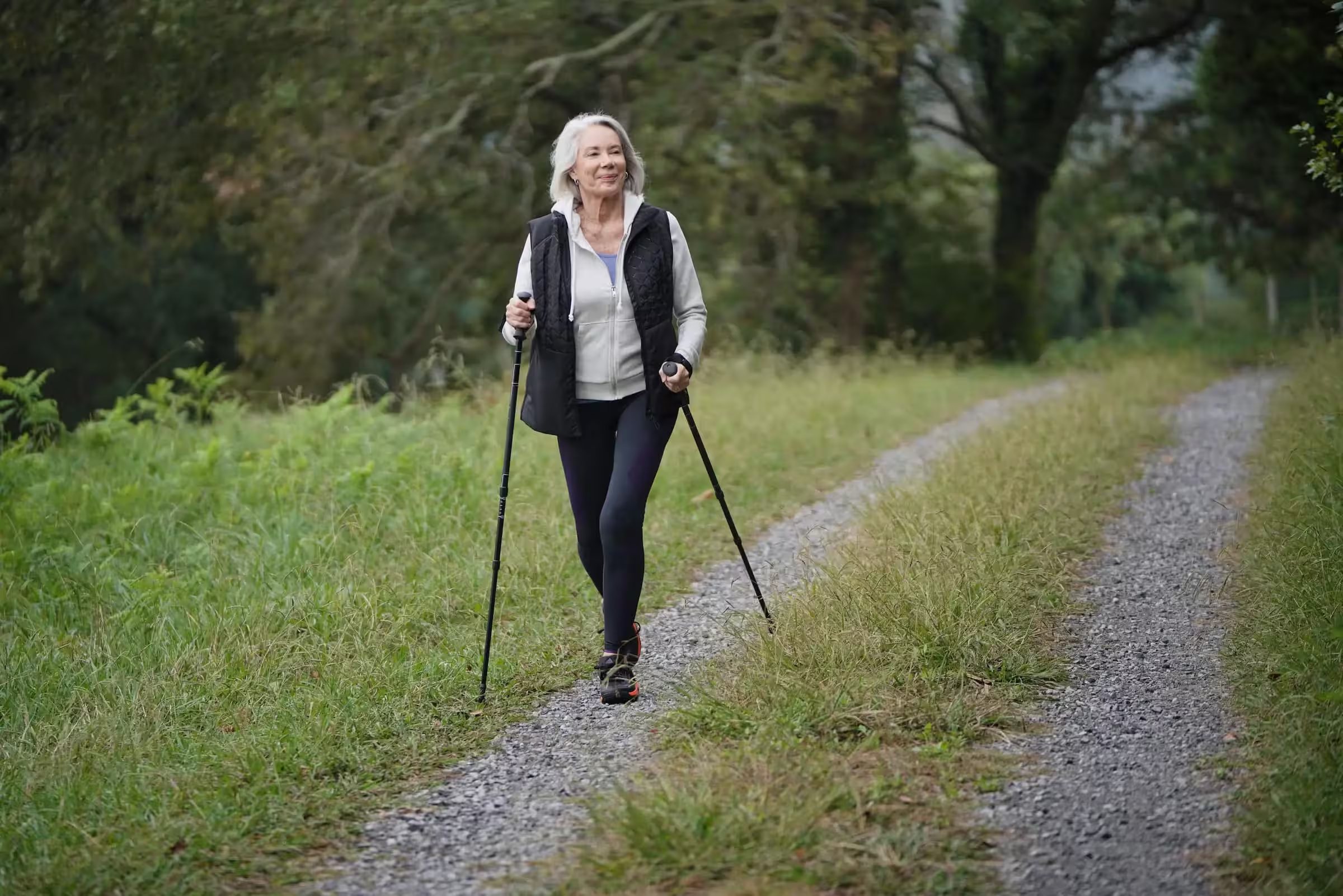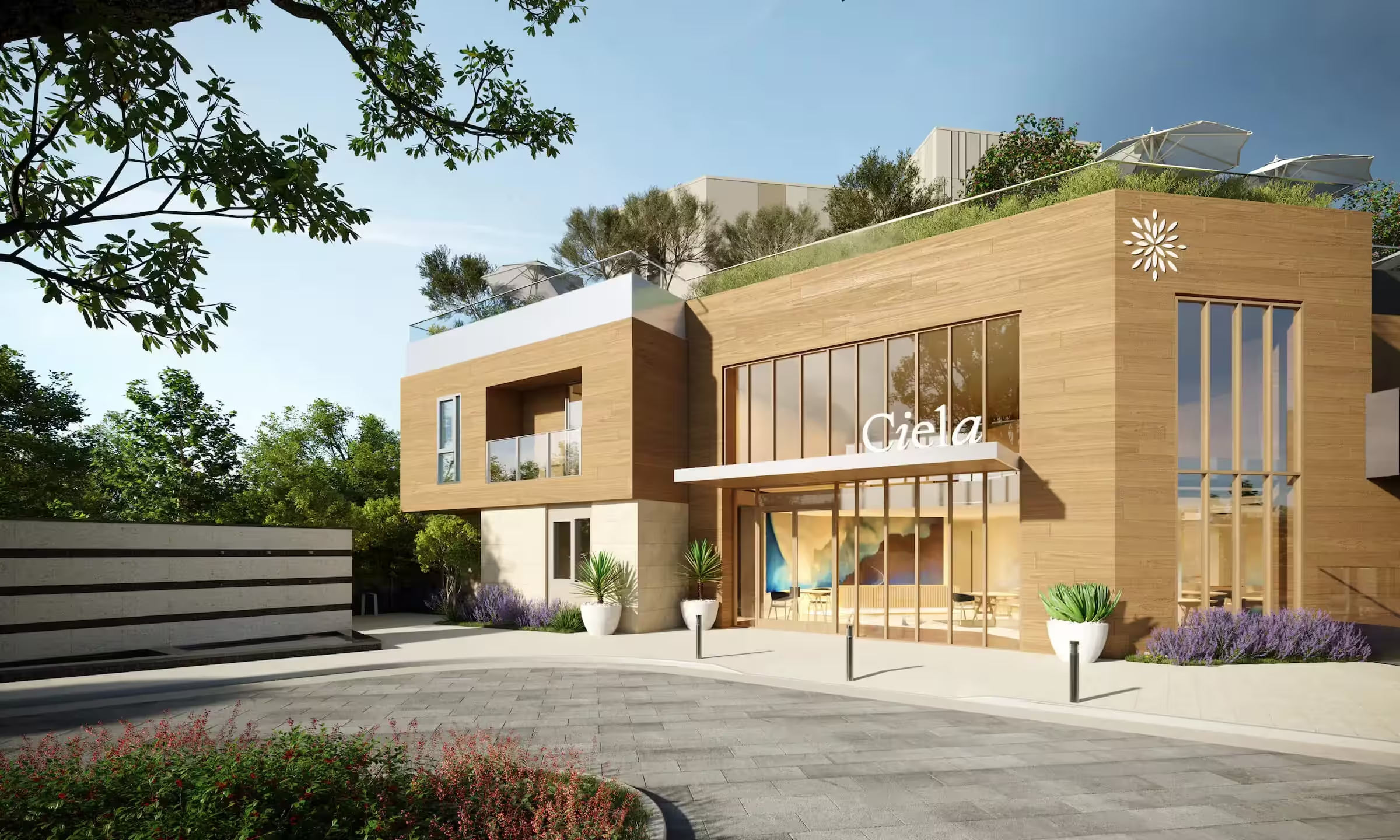Signs That It’s Time to Look Into 24-Hour Senior Care
Introduction
Every year, many families face tough questions: “Does my senior parent or family member need more care? How much care is necessary? Do they require occasional support or round-the-clock assistance?” Coming to terms with the need for increased care can be challenging, but recognizing the signs that 24-hour care may be necessary can significantly improve your loved one’s quality of life. By planning ahead, you can avoid rushed decisions and ensure your family member receives the best support available.
Signs That Indicate the Need for 24-Hour Care
Instability and Falls
Falls are a major concern for seniors, leading to millions of emergency room visits annually. As muscle mass naturally decreases with age, conditions like sarcopenia affect balance and increase the risk of falls. Other factors, such as changes in blood pressure, vision or hearing impairments, and medication side effects, can make home environments hazardous.
Questions to Ask When Touring a Community:
- What safety features are implemented to reduce falls?
- Are staff and licensed health professionals available 24/7?
- Is transportation provided for outings and errands?
- How is medication management handled?
- How can residents summon help in case of an emergency?
Look for communities with well-lit, clutter-free common areas, and private residences equipped with grab bars, smooth floors, and accessible bathrooms.
Difficulty with Meal Preparation
As seniors age, navigating the kitchen can become increasingly difficult. Simple tasks like reaching for ingredients or lifting heavy items can pose risks. Additionally, standing for long periods while cooking can be challenging, leading to poor eating habits and inadequate nutrition.
Questions to Ask About Culinary Offerings:
- What is the food philosophy of your culinary team?
- How is nutrition promoted in your menus?
- Are special requests accommodated?
- What types of meals are prepared for holidays and special events?
Incorporate a meal into your tour to assess menu options and the dining experience.
Finding Support for Memory Care
Conditions like Alzheimer’s disease and other forms of dementia require specialized care that often extends beyond the home environment. Memory care units in senior living communities offer secure settings where residents can live engaging and meaningful lives.
Questions to Ask About Memory Care:
- Is your staff trained in best practices for memory care?
- How are memory care neighborhoods secured?
- What professional care options are available on-site?
- How are family members involved in care programs and activities?
- What daily activities and events do memory care residents enjoy?
- How does your dining program address the needs specific to memory care?
Caregiver Burnout
Providing care for an aging family member can be physically and emotionally taxing, leading to caregiver burnout. Symptoms include withdrawal from social activities, changes in appetite or sleep patterns, increased irritability, and frequent illness.
Signs of Caregiver Burnout:
- Withdrawal from friends and family
- Loss of interest in previously enjoyed activities
- Changes in appetite or weight
- Altered sleep patterns
- Increased frequency of illness
- Heightened irritability
Senior living communities often offer expert consultations and support groups to help family members cope with the challenges of caregiving.
What to Do Next
Recognizing the need for 24-hour care is crucial for improving the quality of life of seniors experiencing falls, difficulties with meal preparation, memory issues, or caregiver burnout. Start with an open discussion with your elder about your concerns. Proactive planning and seeking options such as memory care, assisted living, and senior day care in Los Angeles, can ensure they receive the best support available. You can learn more about care levels at Ciela Senior Living here.


.svg)









